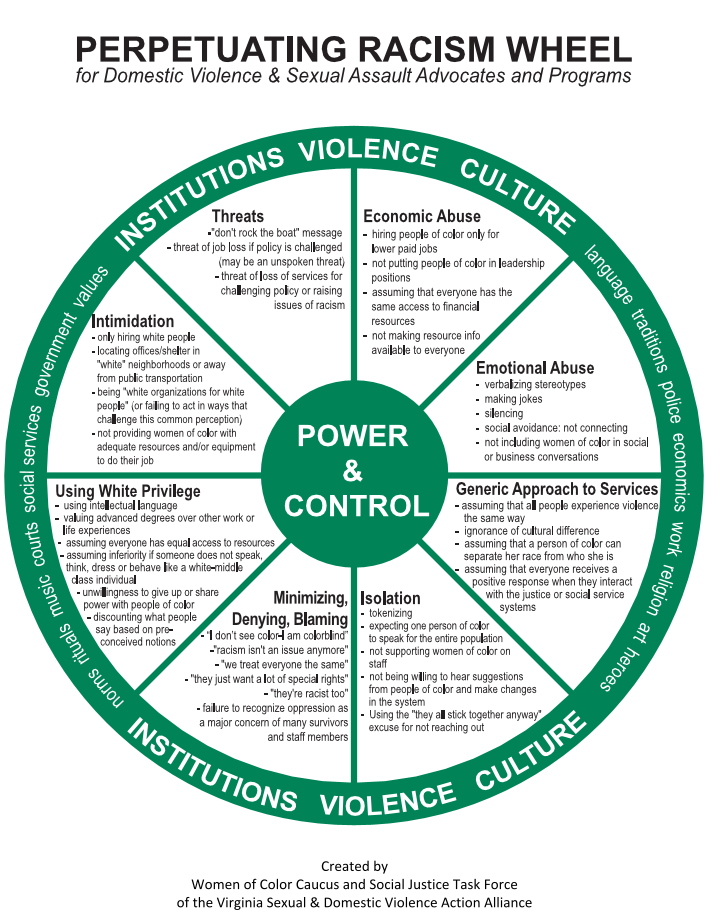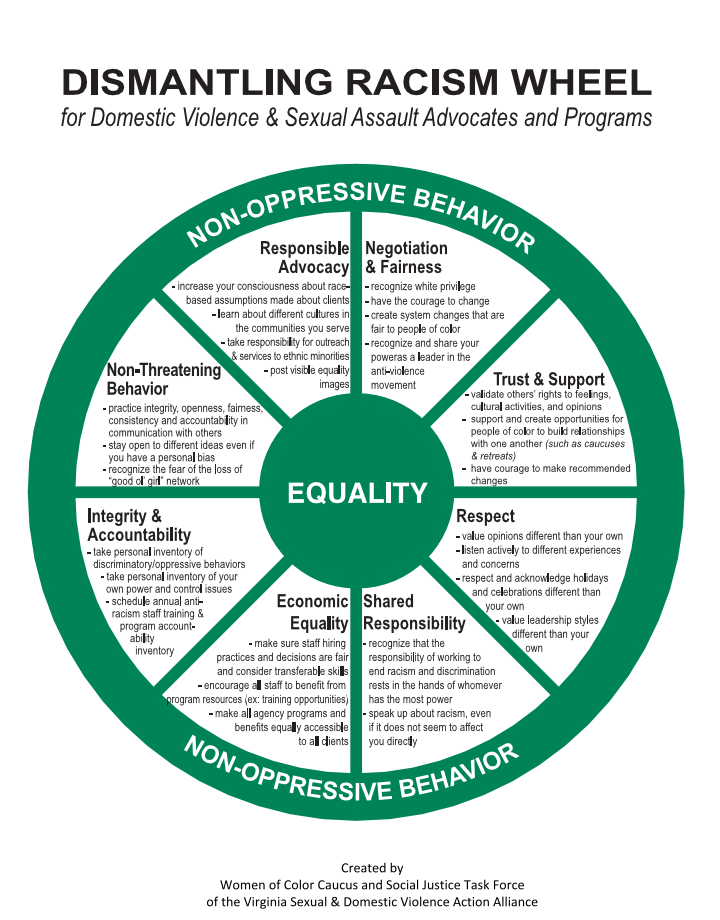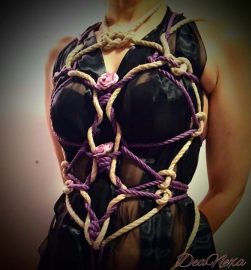By people of colour I mean people that are not white. Visually, people of colour have darker skin tones due to pigmentation in their skin. And yet, for centuries, the pigmentation in their skin has been enough to victimise, terrorise, enslave, demonise and abuse people of colour.
In the wake of the murder of George Floyd, there is growing unrest and an awakening that is sweeping across the world. Black people in particular have suffered brutal injustice, that we can now see on our handheld devices within moments of it happening across the world. People of all colours are seeing the savage injustice that plagues the communities of people of colour.
So we protest. We petition our governments. Perhaps even run for office ourselves. Because change needs to come, it’s long overdue.
But we’ve been here many times before. Endless murders and discrimination against people of colour. The poverty that has become so difficult to escape from, the education system rigged for those wealthy and raised in eurocentric families and communities, the justice system that is less blind than is necessary for it to be fair, social housing substandard and healthcare limited for the poorest in society disproportionately affecting people of colour. The system is set up in many ways, from its root, to disadvantage people of colour, especially black people. Culturally, racism is widespread and often very subtle in how it manifests itself even in the most liberal of democracies. It’s like a slow drip of poison in the veins, or death by a thousand cuts, slowly and perpetually grinding down the will of people of colour. And it’s not acceptable, not one iota.
Unfortunately, racism exists in the rope and kink communities too. Our community is typically very inclusive, especially to those of different genders and sexual orientations. It’s wonderful like that. However, I personally have witnessed how events are as reflective of the wider society’s entrenched racism as anywhere else. And yet, I know people want their events to be safe places for people of colour to attend. So what can we do to make our events more welcoming and safe for people of colour?
Firstly, we need to understand what racism is. Without understanding the problem we stand no chance of fixing it.
According to the Mirriam-Webster dictionaries, racism is a belief that race is the primary determinant of human traits and capacities and that racial differences produce an inherent superiority of a particular race. This means that behind all the violence and abuse people experience, there is the fundamental belief that one race is superior to others. People are split into races based on physical appearance, to the benefit of the perceived superior race. They then have the basis to treat others as less than human, no clearer example of the extremities of this doctrine than the mass extermination of Jewish people in Nazi Europe.
So, from that prejudiced viewpoint, societies are formed based on the racist popular opinion that prevails. Institutions are established and laws decreed to maintain and sustain the racist order. So much so, that people are trapped and endlessly fighting for an equality that lies in the hands of hose that oppress them. It appears hopeless. But as human beings, we know the value of hope – that change will happen. We all need to be intelligent about it, if change is what we truly want.
What are the mechanisms that allow the continual racist perpetuation of violence and abuse against people of colour? My background in domestic violence work helps me to understand how the control of one person over another works, how cultural norms permit abuse. Below is a model created from the Duluth model of domestic violence, that highlights the many spokes of the wheel that keeps racism turning.

Consequently, it is extremely difficult for anyone to escape the racial abuse they suffer, and have suffered throughout their lives. The trauma experienced since childhood affects the psychology of people of colour, consistently in a heightened sense of fear, knowing that it is intended to keep them in their place.
Fortunately, once we understand the problem, we can work towards a solution. If we take that wheel of racism and shift it in the direction of dismantling the racism in society, solutions are possible. Below is the suggestions made for women of colour in particular, but I feel it can be applied to everyone.

We can see how much work needs to be done to break the wheel that drives racism in society.
Based on this model and my experience of working within the kink community, I make the following recommendations, with reflective questions to ask yourself about your event:
- Look within yourself. Stop and think about your own prejudices against people of colour. Do you ever use “they” to put an individual down based on their colour? Do you ever assume a characteristic, good or bad, based on skin colour or race? It’s very important that we continually examine our deeply held beliefs that we were raised with that still affects our thoughts and behaviour today.
- Keep up to date with race issues that may affect POC attending your event. How much do you know about racism in your area? How many people of colour do you use as a reference point when it comes to understanding the problems people of colour face? Do you know what support services you can access for information or good books or blogs to read?
- Create a welcoming atmosphere How can you make sure that people of colour attending your event don’t feel left out? How respectfully and effectively can you communicate to people of colour, of whom English (or the language of your area) is not their first language?
- Do not tolerate racist speech Do you tolerate name calling, racial stereotypes and allow racist jokes to go unchallenged? Or do you call out verbal abuse when you see it? Especially when there are no people of colour there, are you confident to challenge the beliefs that underpin the jokes?
- Have clear policies to deal with racist incidents What policies do you have in place to deal with a racist incident? Are there clear and unquestionable consequences for racist behaviour at your event? Are these policies and consequences clearly accessible and seen by everyone that attends you event? Does you event communicate an expectation for racial equality to everyone that is interested in attending?
- Support Legal Remedies Do you know equality laws for your area? How willing are you to cooperate with law enforcement (if appropriate) and legal representatives in your area to support victims of racism at your event? Do you take steps to prevent the event becoming a place where people can flout laws, and in particular equality laws in this context?
- Provide support What support do you provide to victims of racist abuse at your event? Do you provide a safe space for them to process their trauma? Do you have information ready to share with them of support agencies working to tackle racism in your area? Remember, this in extremely unlikely to be the only time they’ve experienced racial abuse.
- Support POC wanting to run or host events Do you equally consider people of colour as hosts to your event? Do you support POC that want to run their own events as much as any other events? How willing are you to mentor and support POC in understanding how events run? Have you ever asked a person of colour to help out just to look like you are not racist, more like a tokenistic gesture?
- Periodically review if your policies are working How often do you review and challenge the effectiveness of your inclusive policy for people of colour? What needs changing now? What problems do you perceive occuring because of this policy, and how can you overcome them? Are there ways you can get feedback from people of colour and how comfortable are you to accept the criticism you may hear?
Remember, as the organiser or host, you are the one with the power. If you allow racism to go unchallenged and do not take steps to create a safe space for people of colour, it’s your responsibility and you are accountable for what happens. As a perceived leader, people of colour need you to know what you are doing, so make it your business to keep informed and develop relationships with people from different backgrounds.
Dea Nexa

One reply on “Creating An Event That Is Inclusive To People Of Colour”
[…] I have previously written advice on making our events inclusive to people of colour here https://www.deanexa.com/creating-an-event-that-is-inclusive-to-people-of-colour/ […]